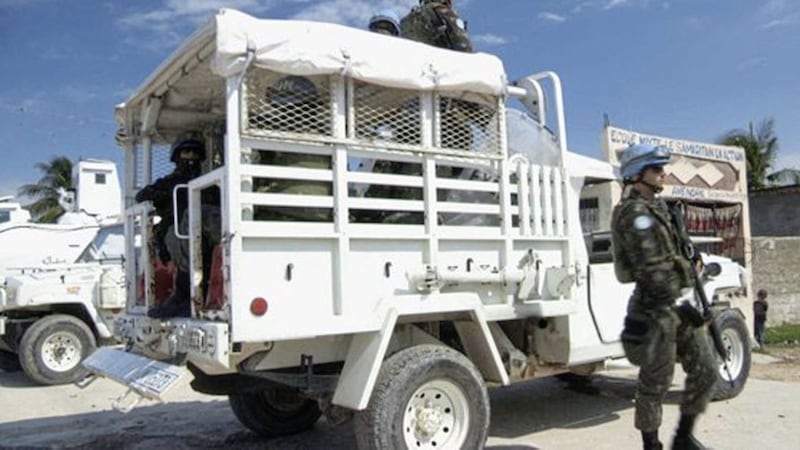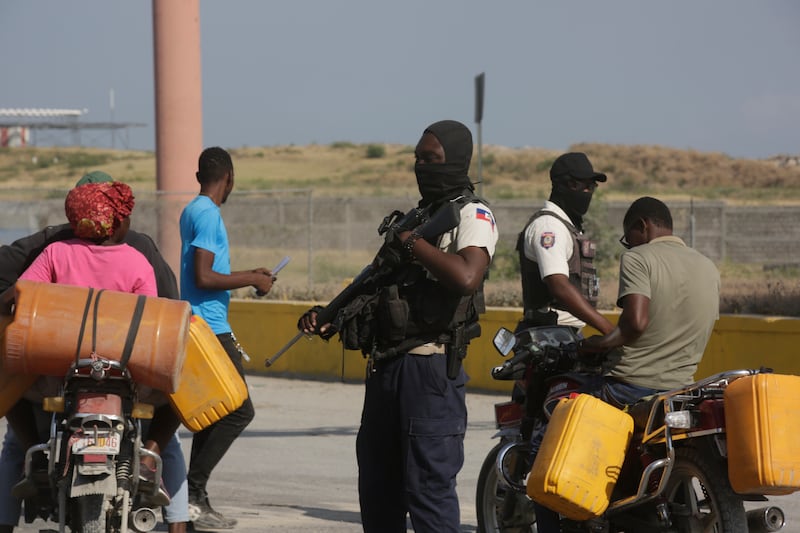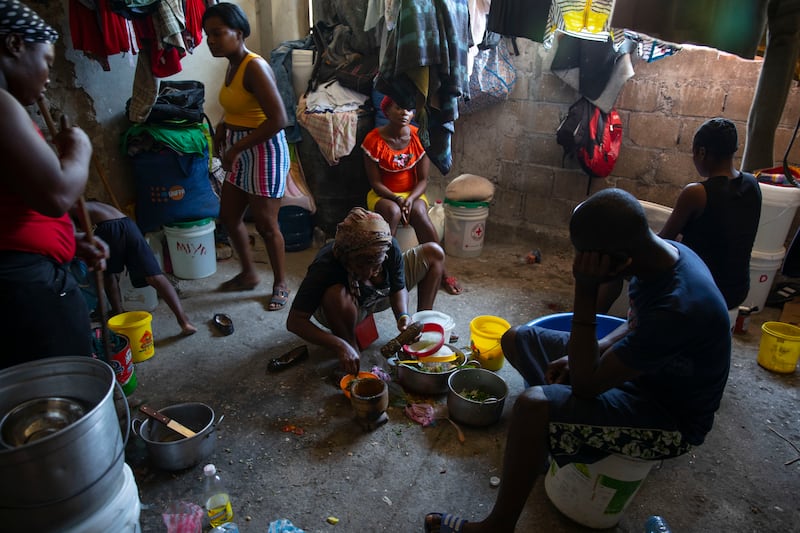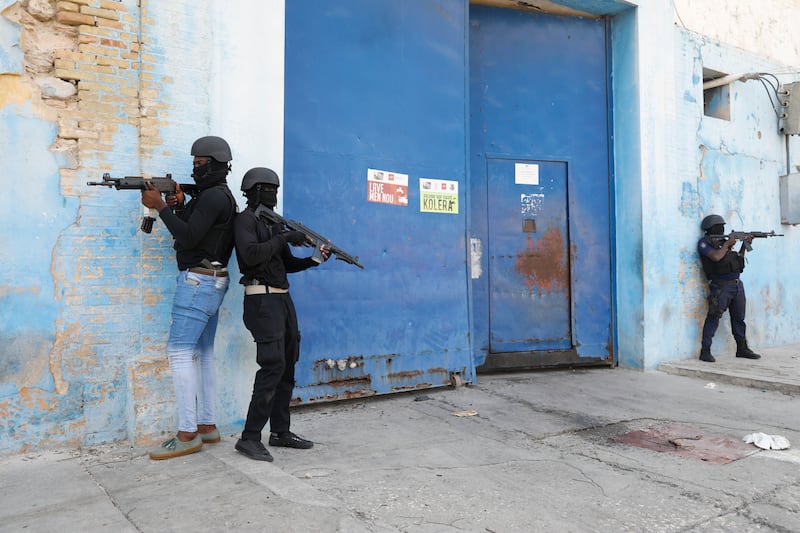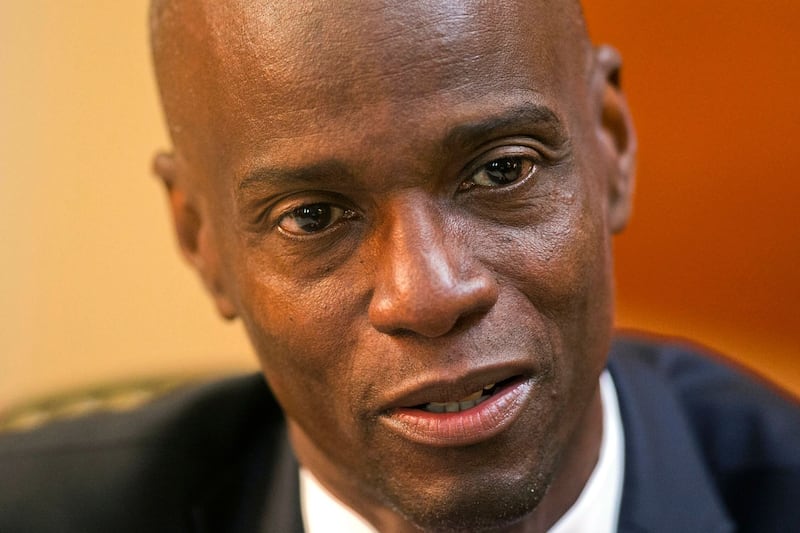A DOCUMENTARY by two Belfast professors about the United Nations' `deadly legacy in Haiti' is to be premiered in Switzerland next month.
Siobhán Wills, a professor of law at the Transitional Justice Institute at Ulster University and Cahal McLaughin, who is chair of Film Studies at Queen's University, teamed up to make It Stays With You, which will be premiered at the Human Rights Council in Geneva on July 3.
The film tells the story of how scores of civilians were killed by UN Peacekeepers in Port-au-Prince in Haiti between 2005 and 2007.
Firing from helicopters and using heavy weapons, many of those who died, including children, were killed when bullets penetrated the walls of their homes, corrugated metal shacks.
The deaths have gone unacknowledged by the UN however, survivors have now given their testimony publicly for the first time.
UN troops had been deployed in Haiti on a stabilisation mission aimed at providing security in the aftermath of President Aristide’s forced departure in 2004.
While there was no armed conflict, there was civil unrest.
Sorel Eliasee, whose brother was shot and blinded in one eye, said: "There’s no one to speak to. There are no state agencies that do this sort of work. A massacre takes place in an area and no one comes to find out how many victims there were, how many people were lost, how many cases there are.".
Professors Siobhán Wills and Cahal McLaughlin said: "The UN’s failure to carry out an independent and transparent investigation is a breach of its obligations under international human rights law".
